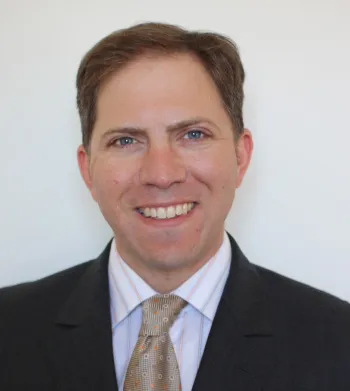
David Quigley, PhD
Education
- BA, 1998 Carleton College, Northfield, Computer Science
- MA, 2006 Columbia University, New York, Biomedical Informatics
- PhD, 2014 Oslo University, Oslo, Norway, Genetics
Biography
David Quigley, PhD, received his undergraduate training at Carleton College, where he earned a degree in Computer Science magna cum laude. He worked as a software developer for the next five years before completing a Masters in Biomedical Informatics at Columbia University. He then joined the UCSF Helen Diller Family Comprehensive Cancer Center as a staff researcher. During this period, he studied breast and skin cancer risk and progression using genetics and genomics, developing methods to map how heritable risk variants influence tumors. This topic was the subject of his PhD in Genetics at the University of Oslo. After completing his doctoral work in 2014, Dr. Quigley moved to the laboratory of Alan Ashworth and began to study how DNA repair defects influence the prostate tumor genome. During this period, he won Young Investigator Awards from the Prostate Cancer Foundation and the BRCA foundation. Dr. Quigley joined the Department of Urology at UCSF as an Assistant Professor in 2020.
Research Interests
Dr. Quigley studies how genomic and epigenomic alterations affect tumor biology and patient outcomes, with a particular focus on understanding how urological tumors develop resistance to targeted therapy. His laboratory uses a wide variety of genome sequencing methods to study patient biopsy samples and preclinical models, including analysis of therapy resistance mechanisms in patients using liquid biopsy techniques and whole genome analysis of tumors. The Quigley lab has a long-term interest in understanding how defects in DNA repair affect tumor genomes, and how to detect and overcome resistance to targeted inhibitor therapy in patients with DNA repair-deficient tumors.
Academic Contact
1450 3rd St. Helen Diller Research Building Room 385
San Francisco, CA 94158